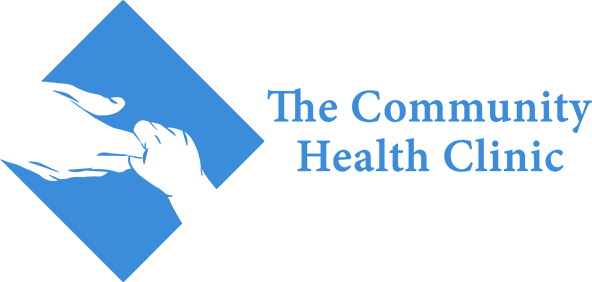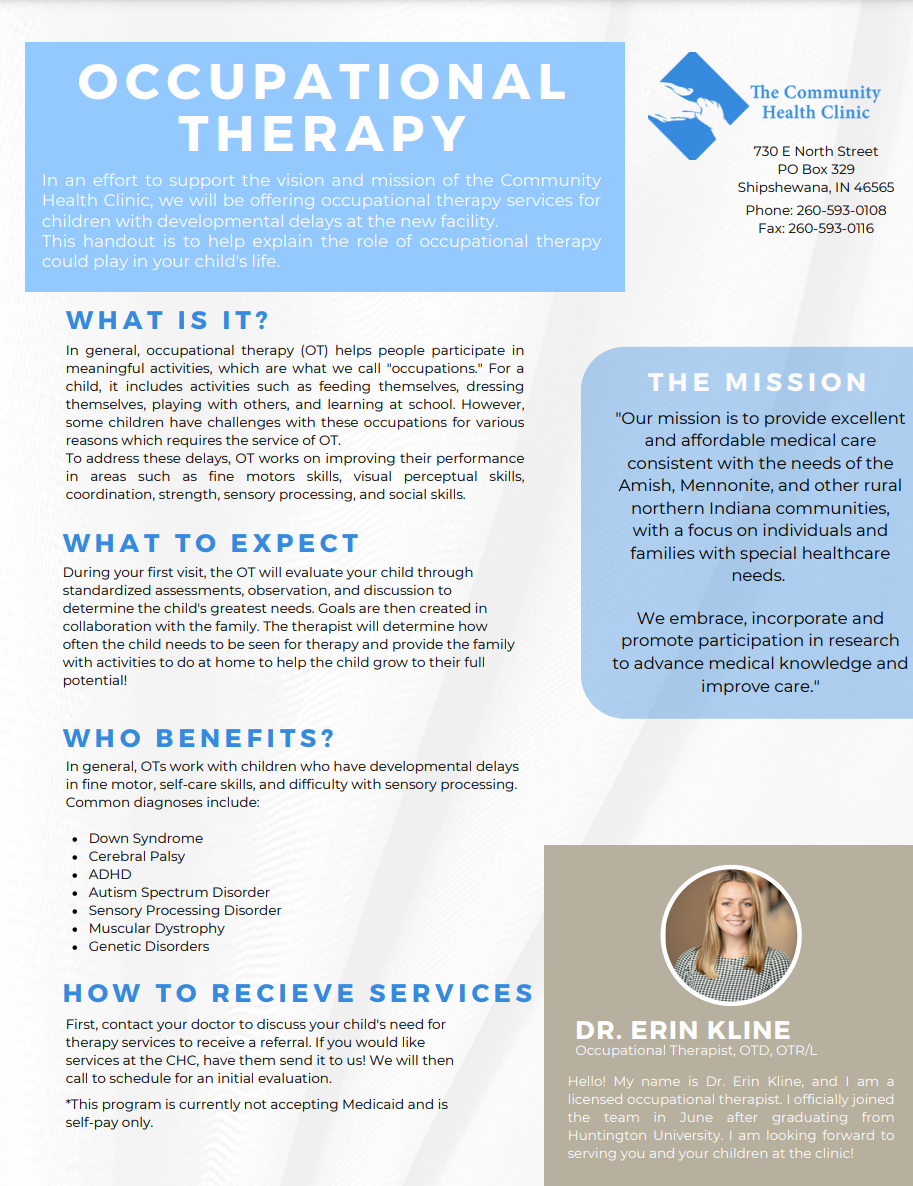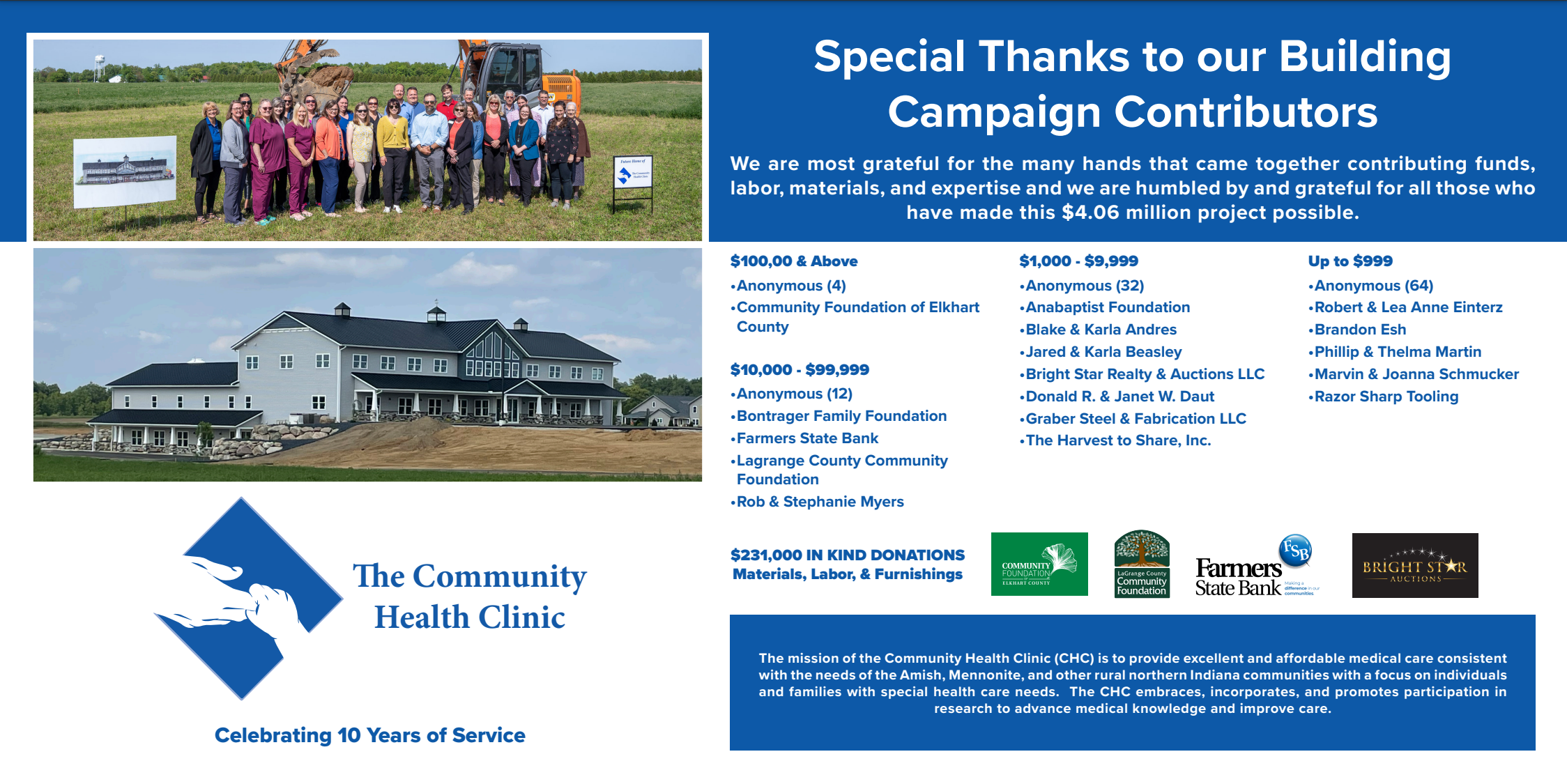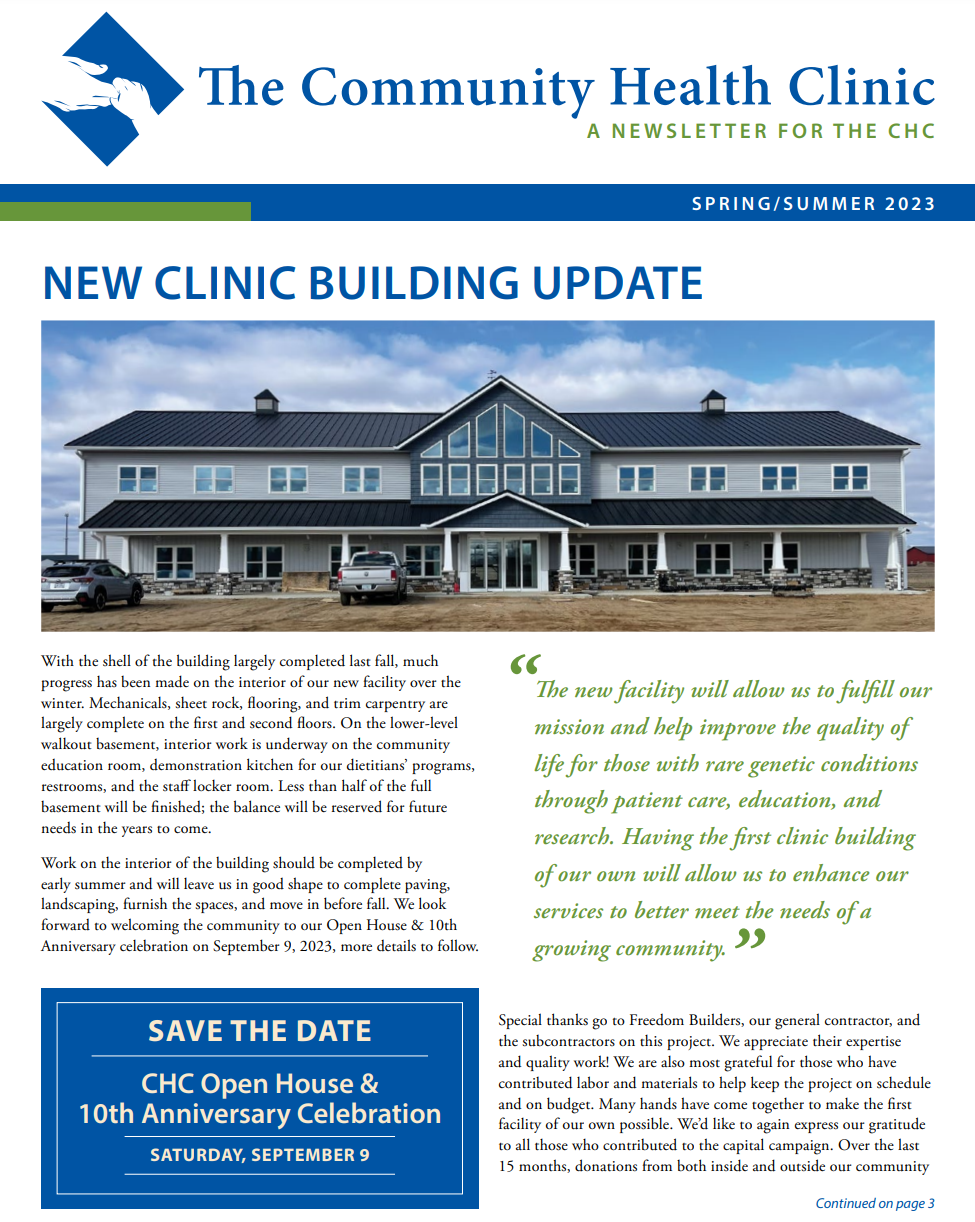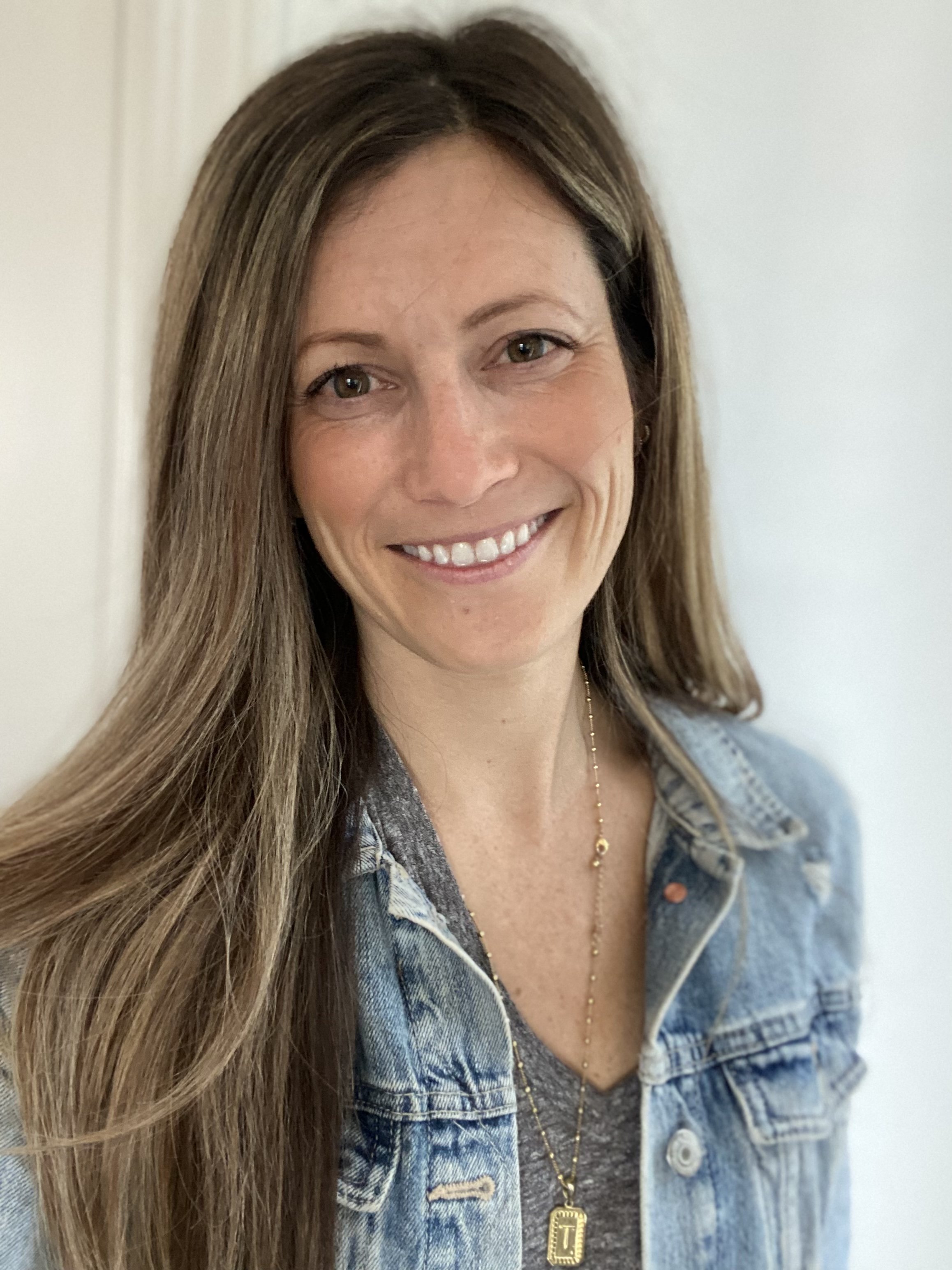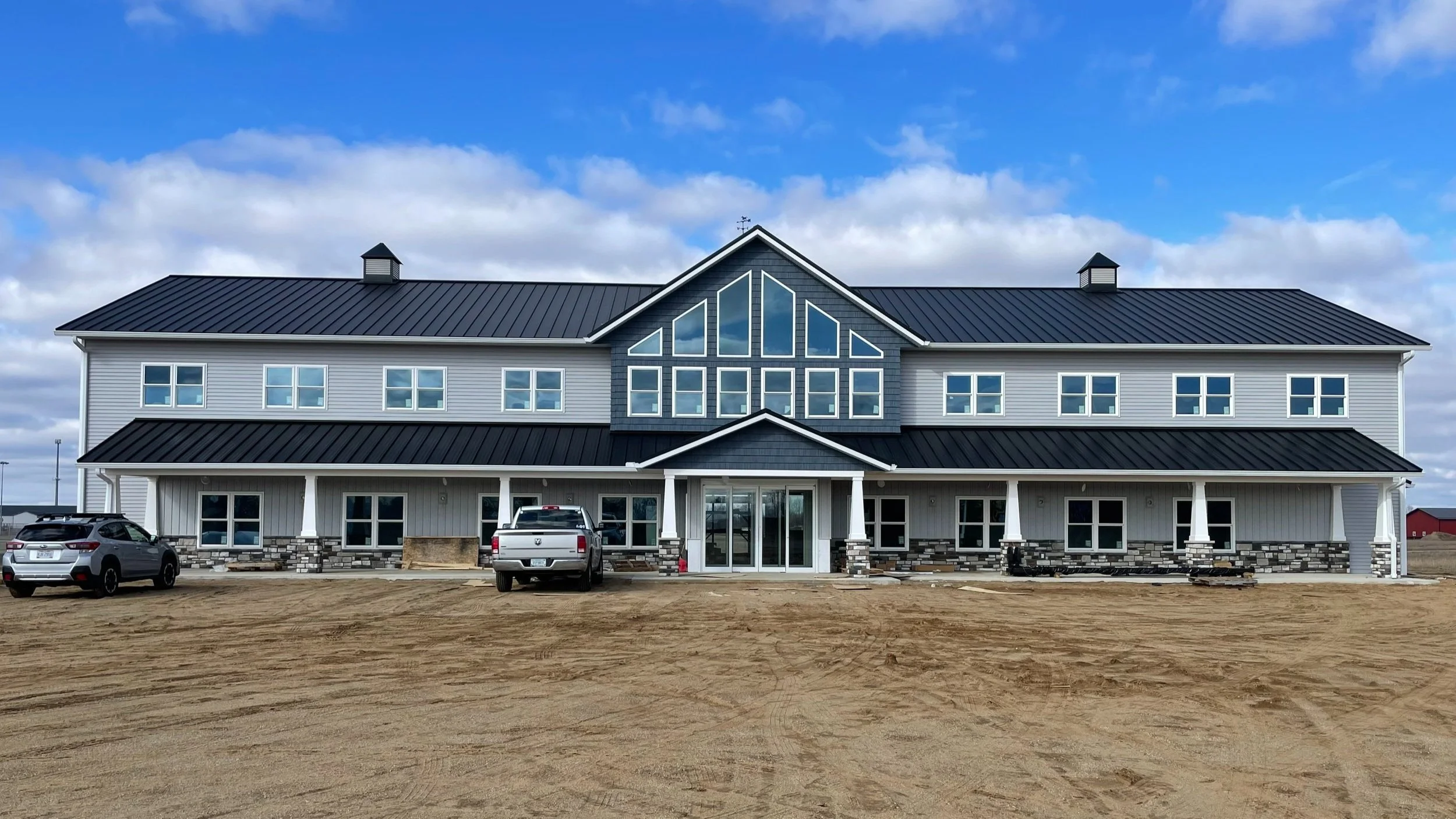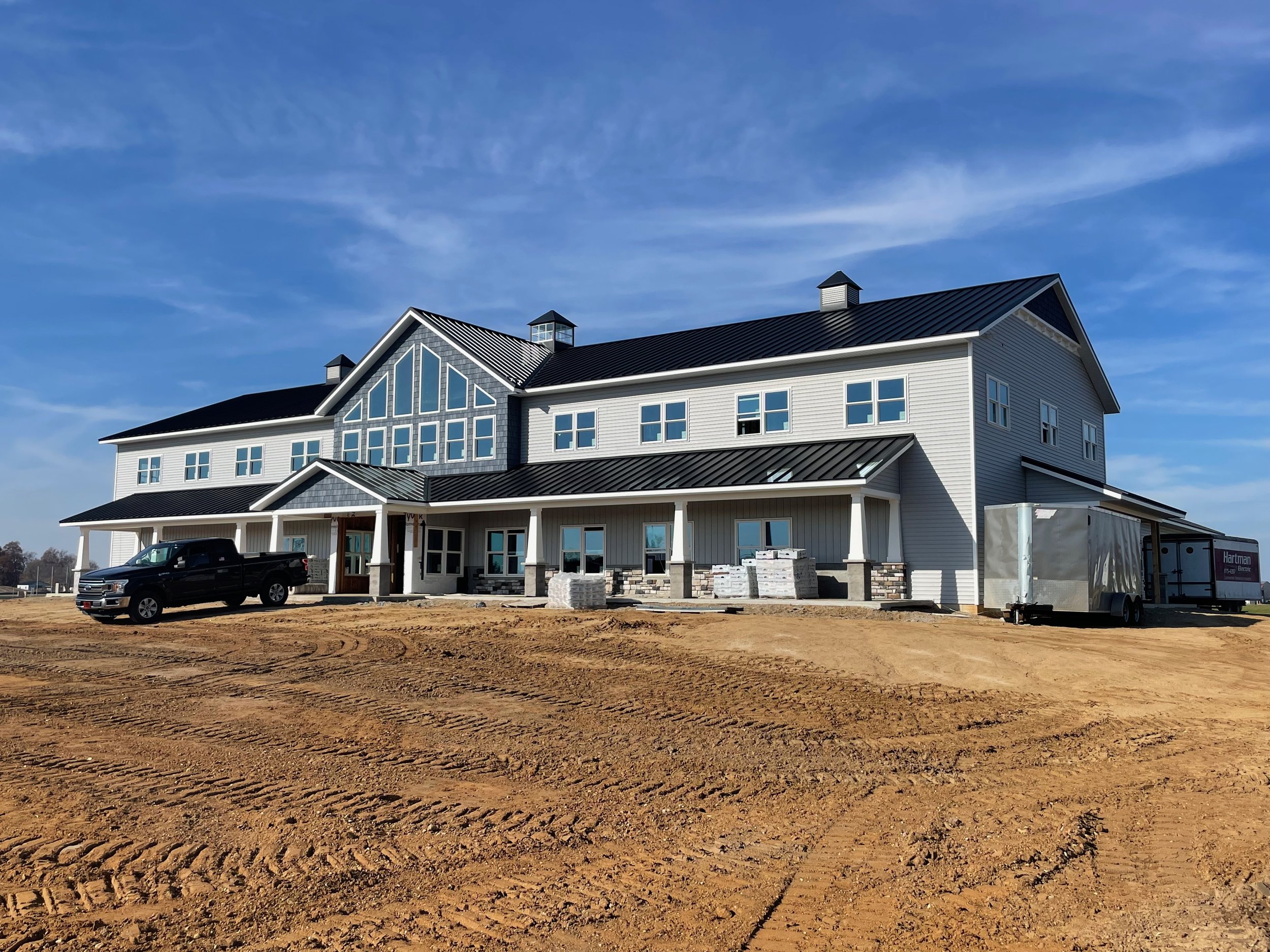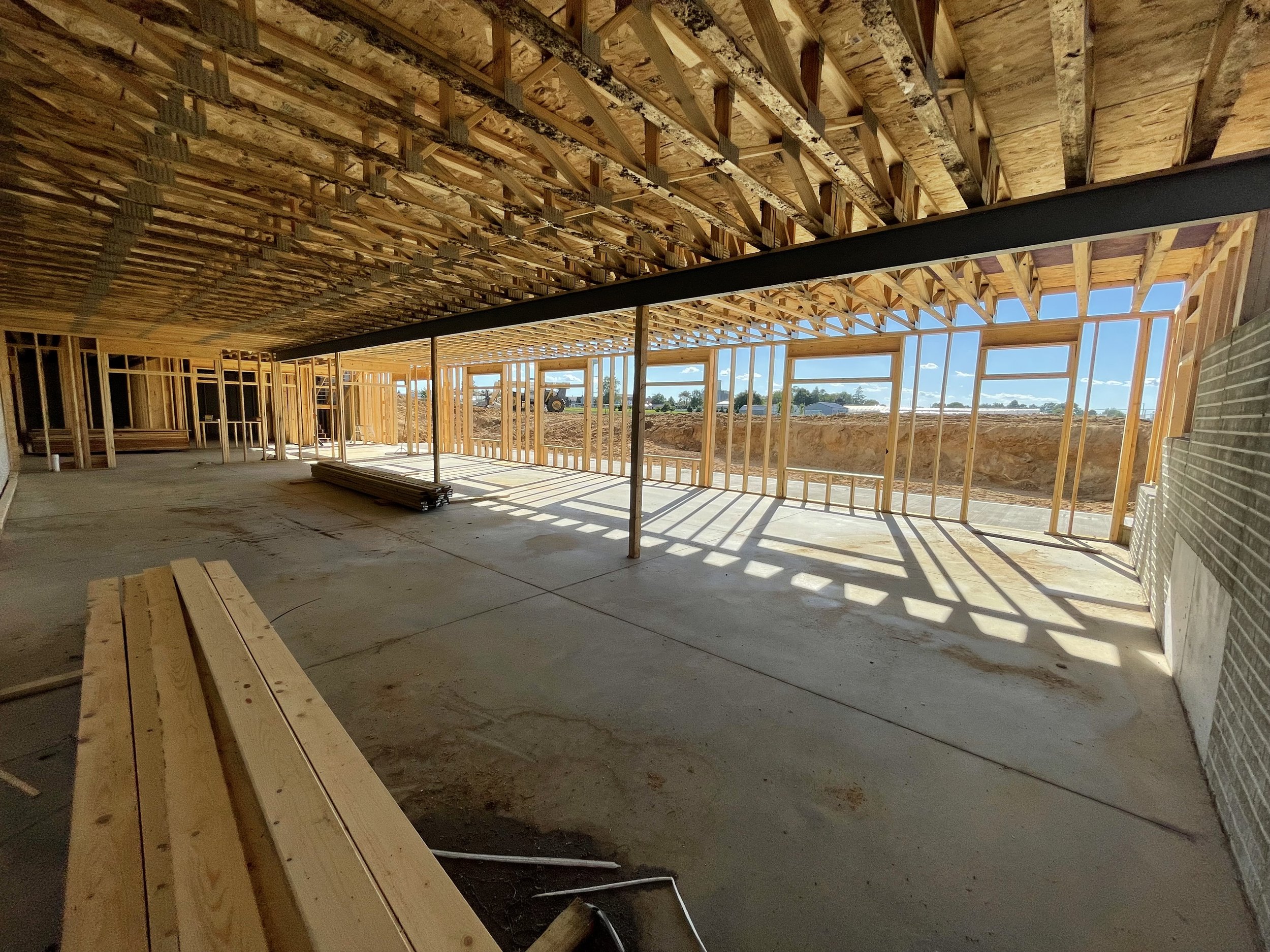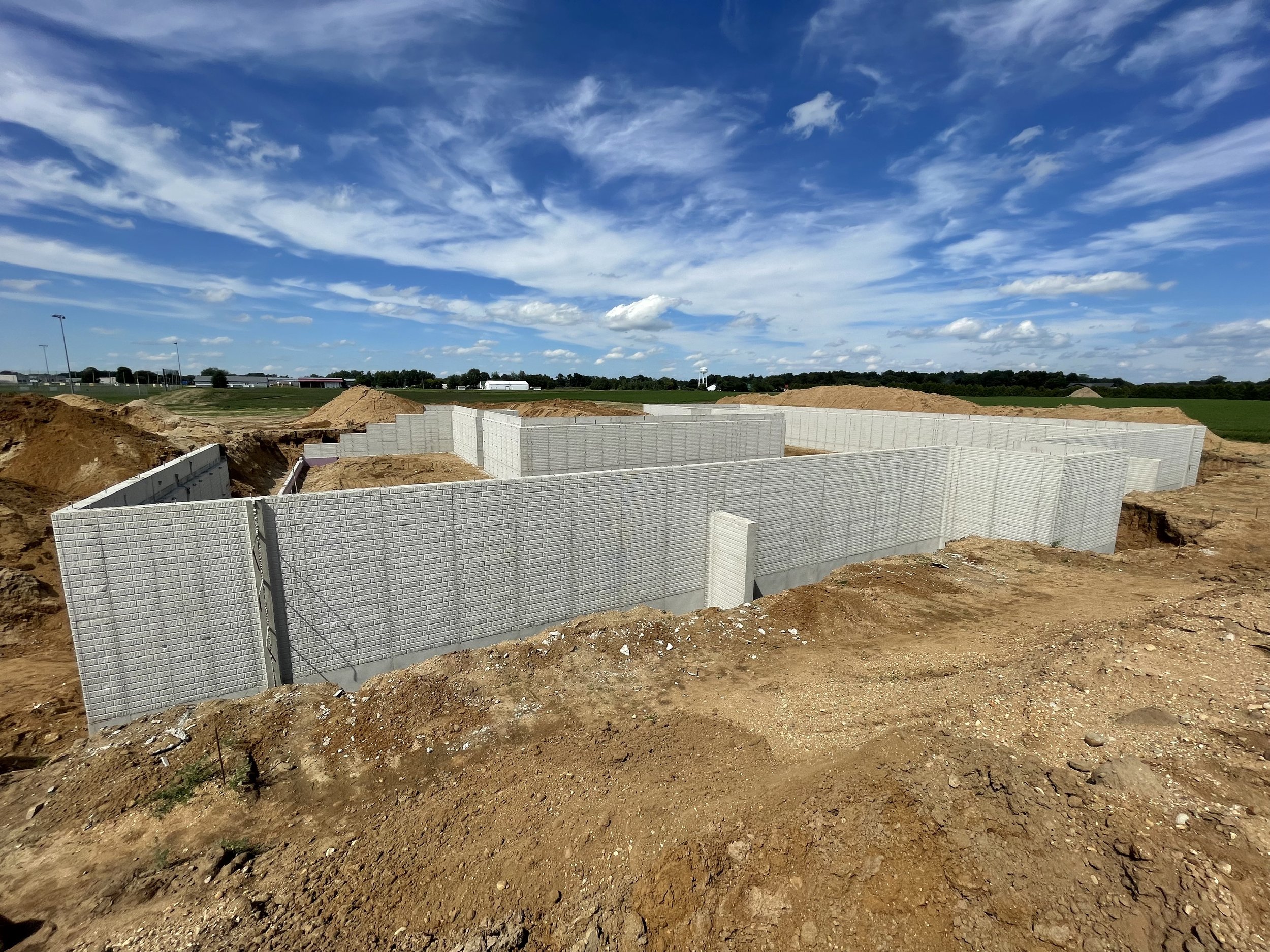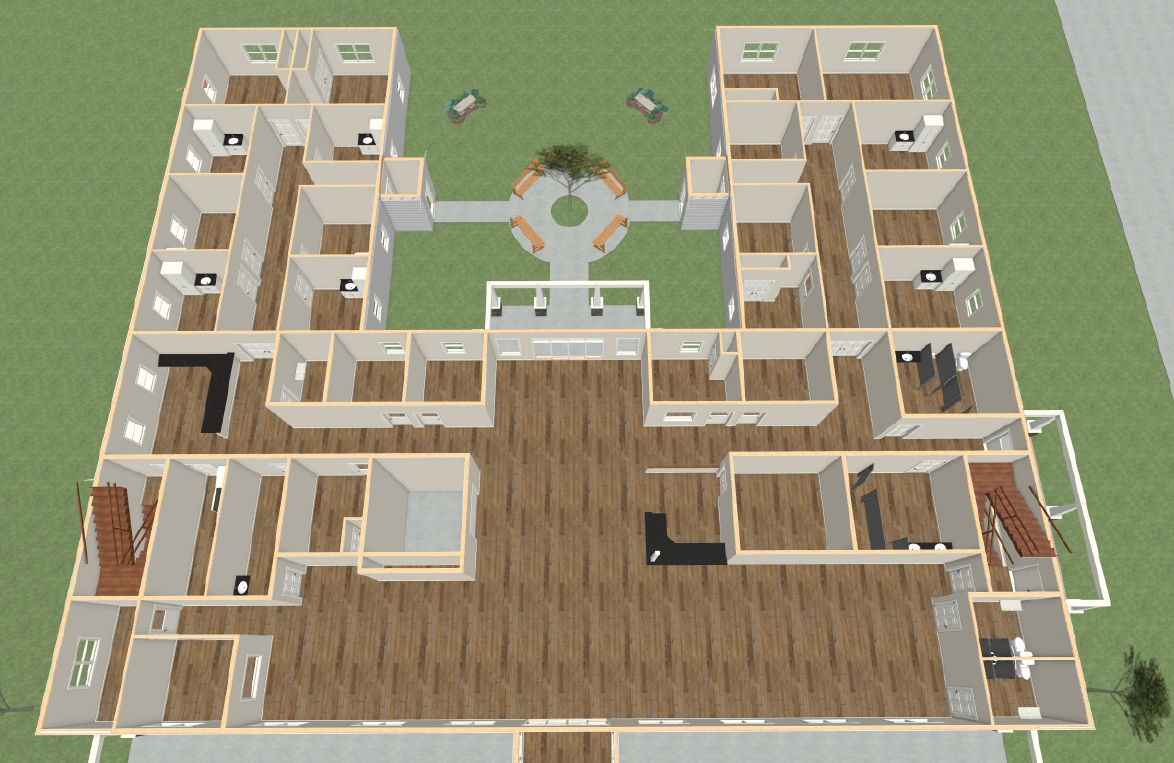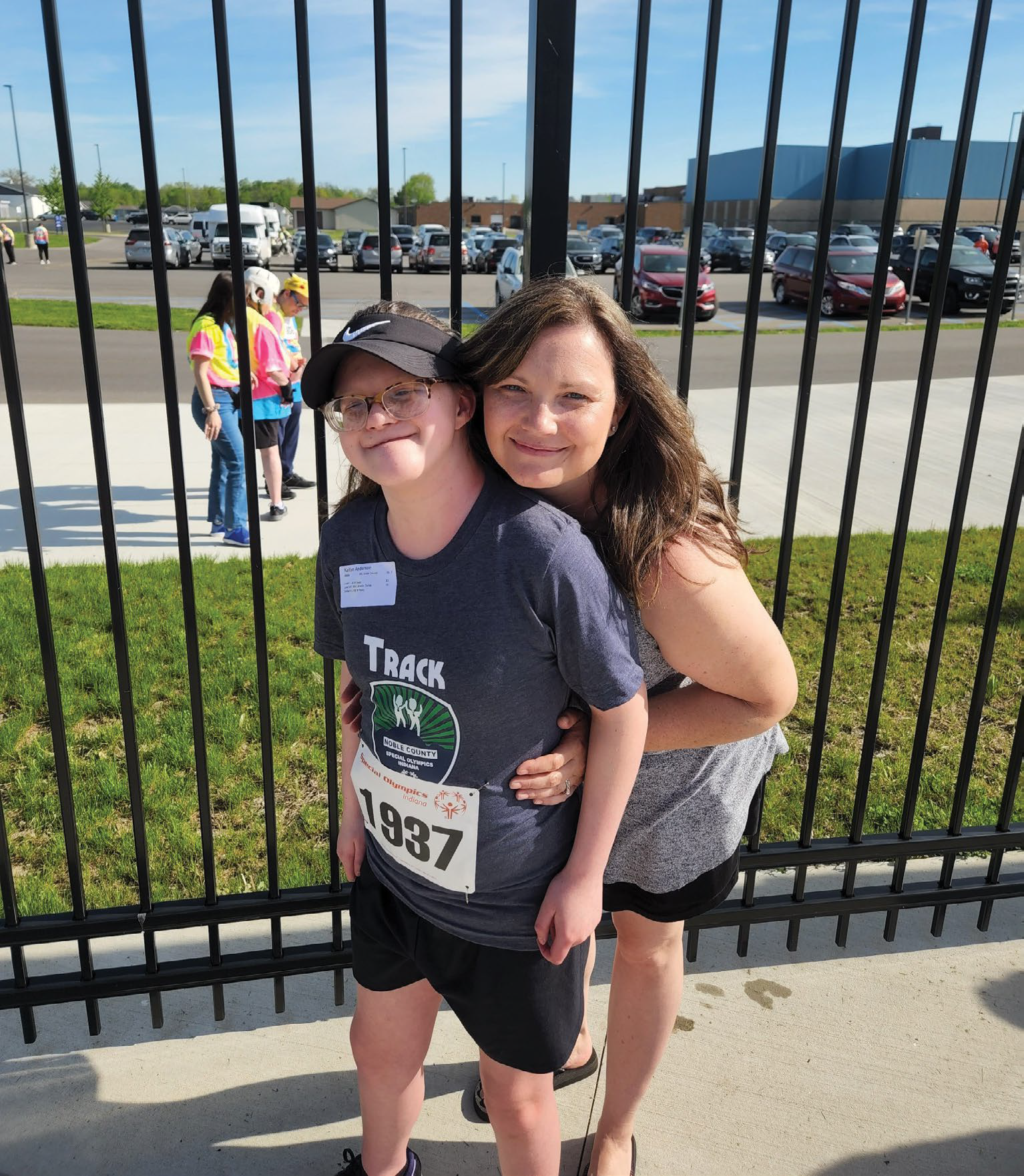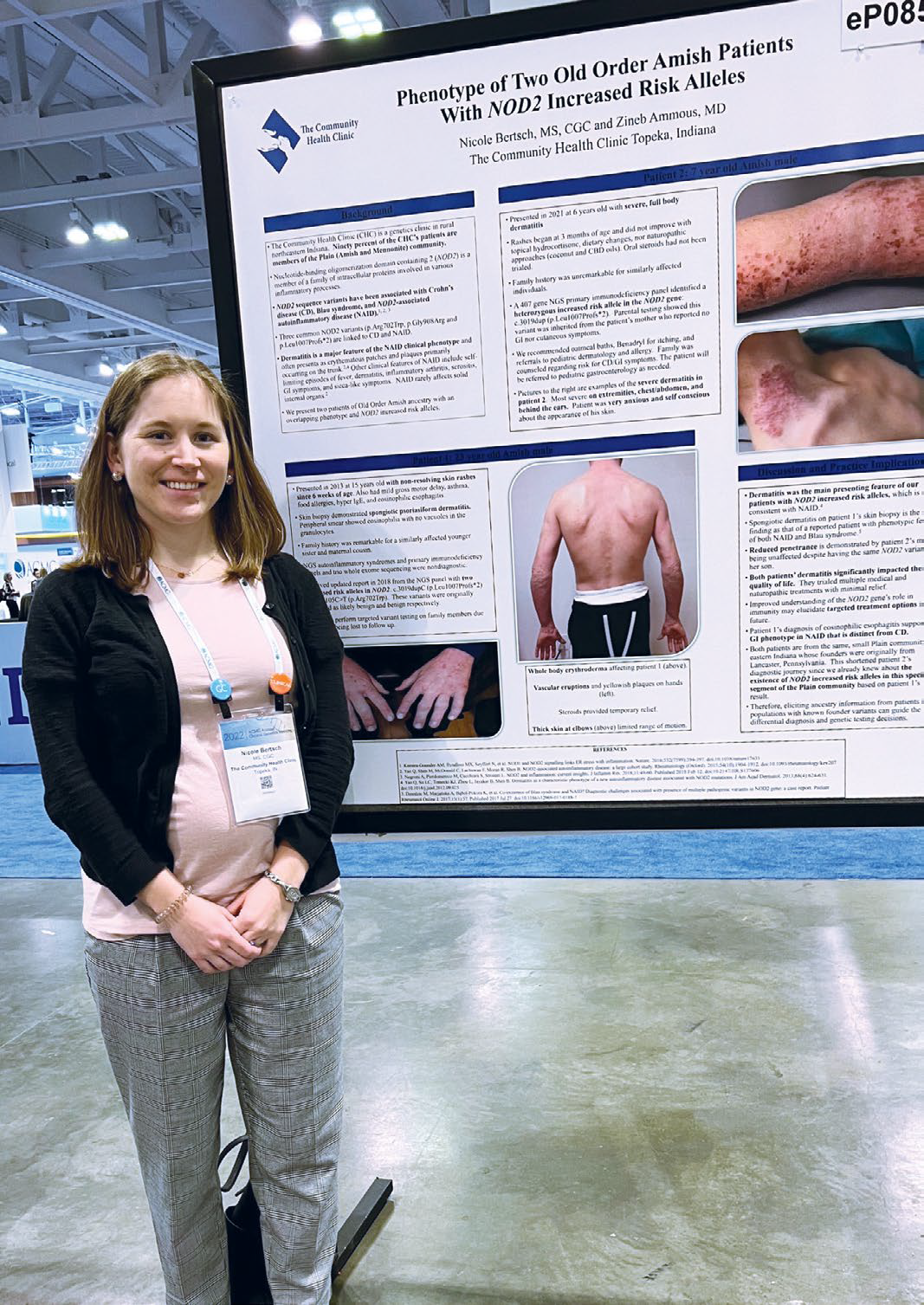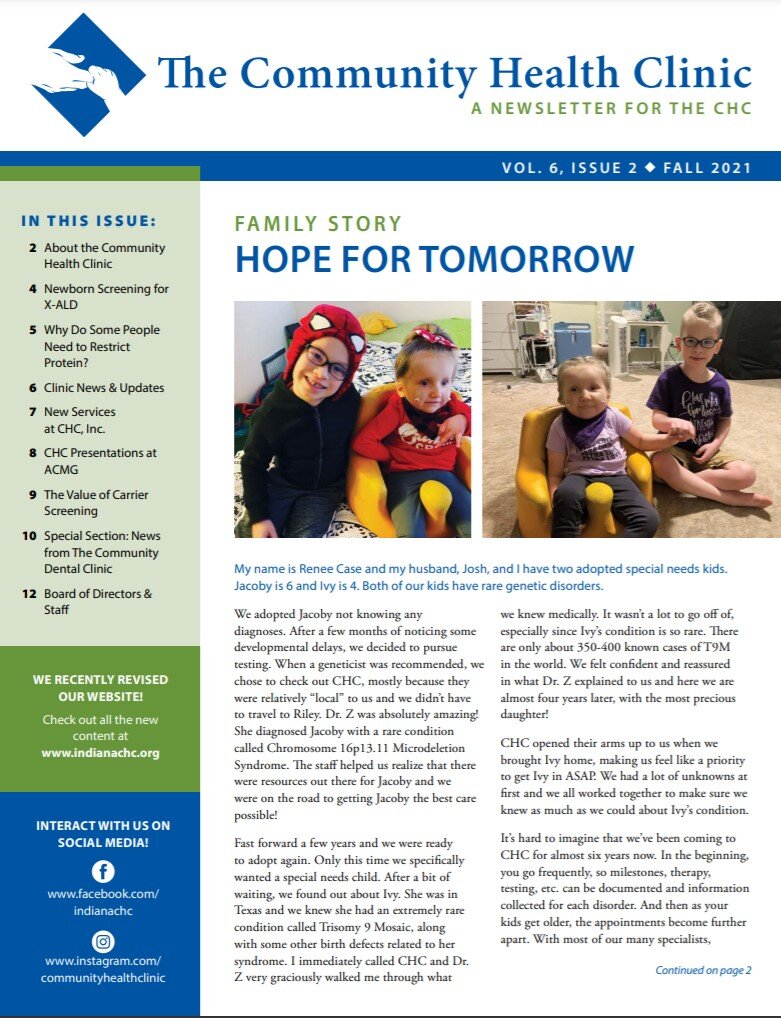This April, the Community Health Clinic (CHC) l is celebrating Occupational Therapy Month!
We're grateful to have Dr. Erin Kline on our team to offer occupational therapy services for children with developmental delays. Her dedication to helping patients live life to the fullest is an inspiration! In this blog post, we’ll explain occupational therapy and the role it could play in your child's life.
What Is Occupational Therapy?
In general, occupational therapy (OT) helps people participate in meaningful activities, which are what we call "occupations." For a child, it includes activities such as feeding themselves, dressing themselves, playing with others, and learning at school. However, some children have challenges with these occupations for various reasons which requires the service of OT.
To address these delays, OT works on improving their performance in areas such as fine motors skills, visual perceptual skills, coordination, strength, sensory processing, and social skills.
What Can I Expect During an Occupational Therapy Appointment at the CHC?
During your first visit, the OT will evaluate your child through standardized assessments, observation, and discussion to determine the child's greatest needs. Goals are then created in collaboration with the family. The therapist will determine how often the child needs to be seen for therapy and provide the family with activities to do at home to help the child grow to their full potential!
Who Benefits from Occupational Therapy?
In general, OTs work with children who have developmental delays in fine motor, self-care skills, and difficulty with sensory processing.
Common diagnoses include:
Down Syndrome
Cerebral Palsy
ADHD
Autism Spectrum Disorder
Sensory Processing Disorder
Muscular Dystrophy
Genetic Disorders
How to Receive Occupational Therapy Services
First, contact your doctor to discuss your child's need for therapy services to receive a referral. If you would like services at the CHC, have them send it to us! We will then call to schedule for an initial evaluation.
*This program is currently not accepting Medicaid and is self-pay only.
